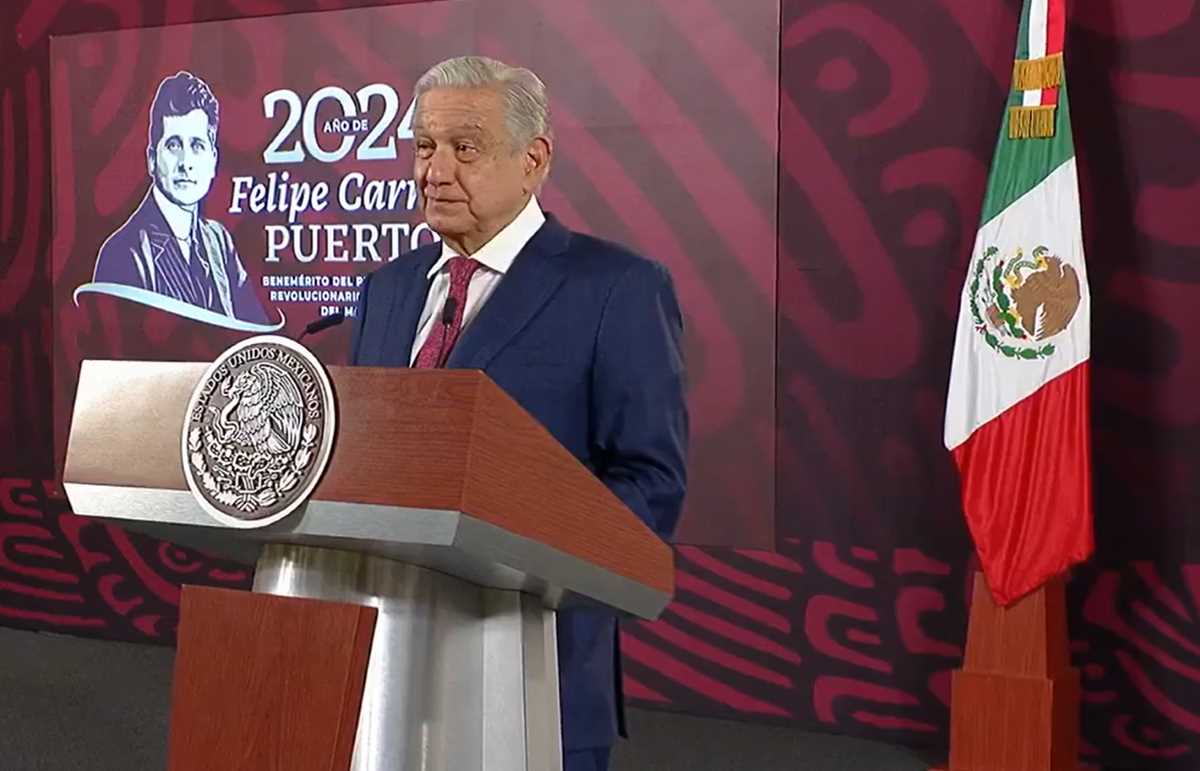AMLO, Salinas Pliego, and the Billions That Got Away
Dive into Mexico's Morning Conference, where President López Obrador conducts the country's current affairs. From fuel prices to national satisfaction, each topic adds a unique note to the country's vibrant political discourse, culminating in a crescendo of drama and intrigue.

In a country where the specter of inflation casts a long shadow, there's one ritual that Mexicans hold dear: the mañanera, the President's morning press conference. It's a televised spectacle, a mix of policy updates, folksy rambling, and fiery diatribes against the usual suspects – shadowy elites and the foreign press. Yet, buried within the meandering addresses are morsels of data that directly impact ordinary lives.
Today, Andrés Manuel López Obrador (or AMLO, as he's fondly known) is on his soapbox. Fuel prices, that perennial Mexican worry, are front and center. David Aguilar Romero of Profeco, Mexico's consumer protection agency, delivers the numbers: regular gasoline at 23.12 pesos a liter, premium just a touch more, diesel not far behind.




